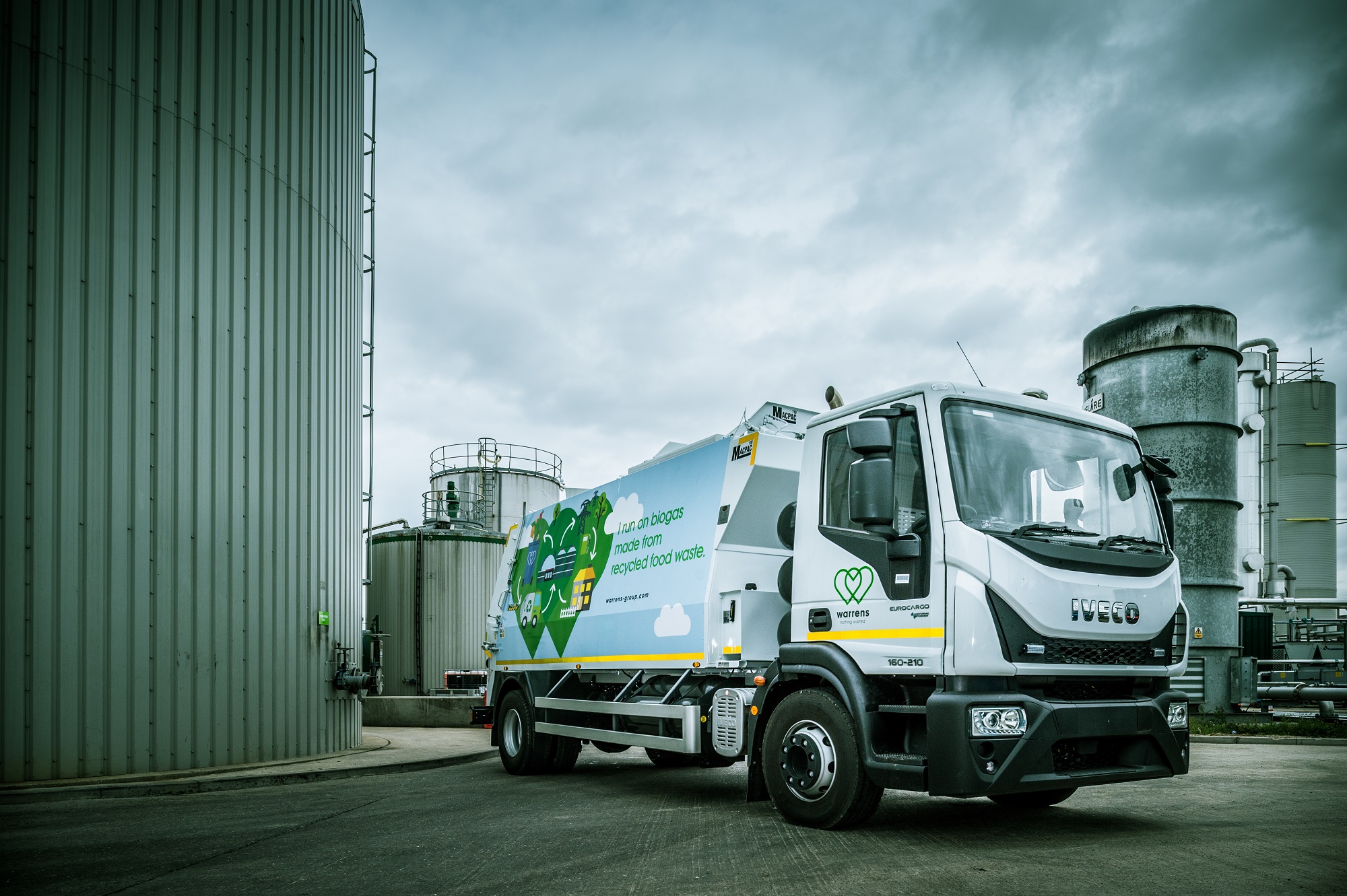Food Industry Expert Fears Coronavirus Pandemic is Putting Business Owners’ Sustainability Goals at Risk
A leading food waste expert has raised concerns that the Coronavirus pandemic may hamper businesses from achieving their green goals.

Kevin Quigley, commercial director at food waste recycling and sustainability firm, Warrens Group, said that businesses have had to deal with the pandemic in a very practical way due to closures, staff reductions and loss of value. This has resulted in many putting investment on hold with regards energy-saving technology and innovative new ways of doing things.
Now lockdown is coming to an end, Kevin is concerned that business owners are in a hurry to get back to pre-Covid-19 performance and may choose to focus on quick-fix solutions, rather than looking at long-term sustainability goals.
He said: “The fear is that due to financial pressures, business owners could revert to old ways of doing things rather than invest in more innovative ideas.”
Kevin added that one of the unintended consequences of lockdown is that we’ve all had a taste of a world with cleaner air.
He said: “There’s a real incentive for us now to deal with the environmental situation better. Covid-19 has prompted us all to make changes to the way we do business. We must not lose sight of how we use energy, how we source it and whether that energy is derived from truly sustainable sources. This is a rare moment in our history where there is an opportunity to rebuild on a clean path of growth which will generate jobs to help achieve objectives around net zero.”
Kevin added that businesses need to ask themselves whether the waste they are generating is truly sustainable.
He said: “Business owners need to consider how they are using recycling to minimise their carbon footprint. Would investment put their business in a stronger position for example if they fully embraced a sustainable life cycle in their production activities?”
He believes that the Coronavirus pandemic has taught us all lessons about sustainability.
“Businesses have had to work smarter and more efficiently during lockdown. This is mainly down to a lack of full supply chain from across the world which has made businesses look for local suppliers, thereby reducing the length of supply chains. Home-working has become the new reality. Therefore, our impact with regards travelling to work, our energy consumption in the workplace and effects on the environment have resulted in lower global CO2 emissions. This has undoubtedly proved beneficial for our planet.
“Businesses need to review energy use and look for sustainable practices and energy sourcing and look for more sustainable working models for the waste generated in the business life cycle. The lockdown has shown us that we can reduce emissions, particularly when it comes to travel and logistics with regards components of production and delivery of finished goods. If we review our production techniques and systems, I’m certain we can lower impacts if we work collaboratively together.
Kevin suggests that striking local partnerships might be key to shortening supply chains.
He said: “There have been many stories of manufacturing businesses adapting to the challenges raised and working in close proximity to supply the needs of the NHS. I can’t see why we can’t broaden this to a wider economy model and shorten supply chains to reduce environmental impact. Now is as good a time as any to reach out to neighbouring businesses like ours to find out how we can cooperate.
“At Warrens biogas plant, we are doing our bit to help as when these materials are anaerobically digested, the resulting nutrients found in digestate, an end product of the anaerobic digestion process, can be used to feed and nourish the soil. We need to rethink the traditional globalised view of how we have done business in the UK for the last few generations to become more sustainable. We also need to review where our products and markets are for the consumer to see if we can adapt and produce closer and more sustainably through new leaner technology.”
As part of Warrens Group’s ongoing efforts, it uses biomethane gas in its HGVs. This has increase vehicle longevity by four years and reduced carbon emissions by 84%, aligning with its wider corporate sustainability strategy.
The business has also installed a biomethane filling station, capable of fuelling 200 vehicles per day and it guarantees no losses in transmissions of gas from conversion to filling.
Address
Coronation House, 65 Quayside, Newcastle Upon Tyne, NE1 3DE
Telephone
07955289085
Connect with Generator
© Generator 2025 - All rights reserved.
Delivered with Cargo Creative




















